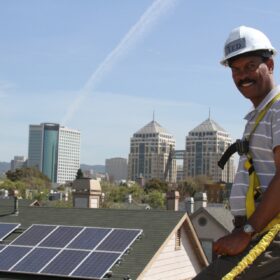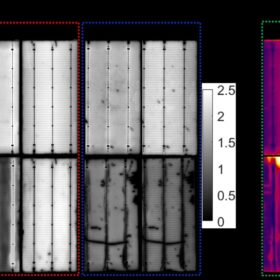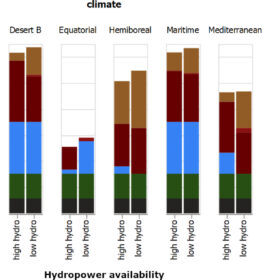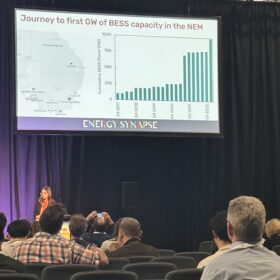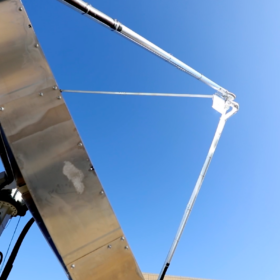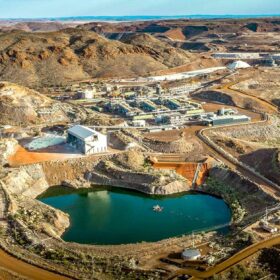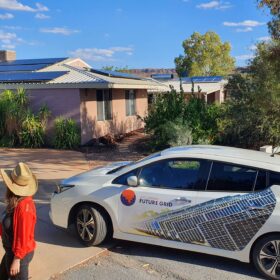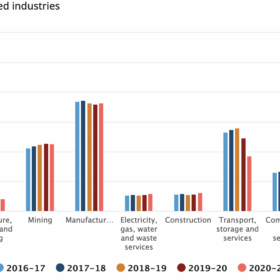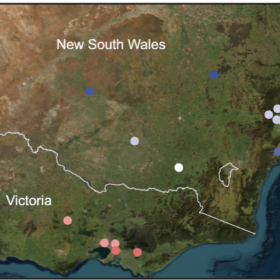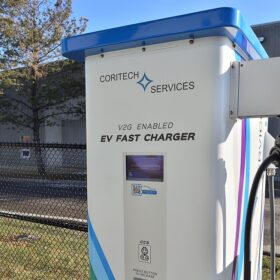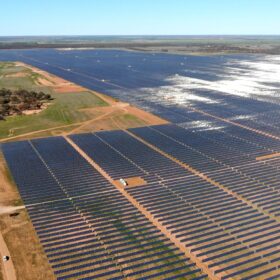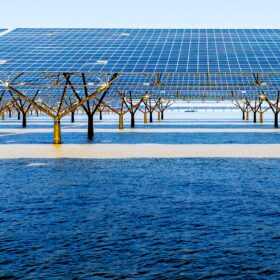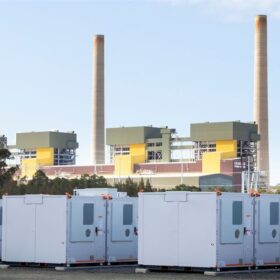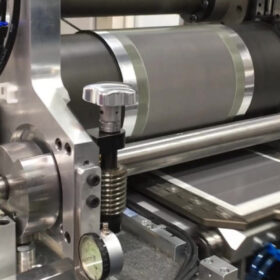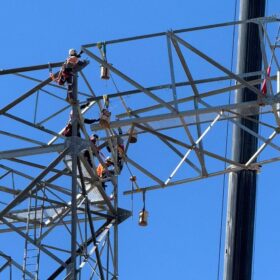US solar installers list Qcells, Enphase as top brands
An industry survey led by SolarReviews and NABCEP found two-thirds of solar installers expect high electricity prices to drive demand.
Australian scientists warn of heat-induced failure risks in HJT glass-backsheet PV modules
University of New South Wales researchers have identified four failure modes caused by damp heat in heterojunction solar panels with a glass-back sheet configuration. The failures could result in power losses ranging from 5% to 50%.
Electrolysis cost-efficient in all climates, says Finnish team
Researchers at the VTT Technical Research Centre of Finland said that chemical energy storages were needed for short and long-term balancing in every climate region, especially in the northern climates. Meanwhile, companies are moving forward with their plans to produce hydrogen in Namibia and Morocco.
Key takeaways as big batteries in Australia hit 1 GW
Australia recently hit it first gigawatt of big battery storage, with another 40 GW in the projected pipeline. During the Smart Energy Conference, Marija Petkovic, founder and managing director of Energy Synapse, looked at what we’ve learned so far.
Swiss team sets record solar-to-hydrogen rate
Researchers from Switzerland’s École Polytechnique Fédérale de Lausanne have unveiled a new solar dish plant design, while Plug Power has delivered its first electrolyser system to Europe.
Australia warned of over-mining risk in rush to secure critical minerals
Australia is at risk of over-mining key transition minerals by relying on “overblown” demand assumptions, according to a new report which warns policy steps to encourage responsible and sustainable use of critical minerals, such as improved battery recycling, are being ignored.
NT government delivers solar and storage trial for public housing
Public housing tenants in the outback town of Alice Springs are set to share in the benefits of renewable energy with the Northern Territory government launching a rooftop PV and battery energy storage trial that will help inform the planning of future public housing builds and management of solar power on current stock.
Failure to cut energy consumption stymies Australia’s net zero progress, ABS statistics show
Data from the Australian Bureau of Statistics has shown that while renewable generation in Australia has increased significantly year on year, the country’s progress towards net zero is stymied by the failure to reduce consumption.
Predictability of regions’ renewable resources has a material impact on project profits, study finds
While many forecasting tools have been developed to improve forecasts of renewable generation, their accuracy is limited by the inherent predictability of the data used – that is, how predictable the renewable resource is in different regions and times of the year. University of Adelaide researcher Sahand Karimi explains why predictability matters and how considering it can save consumers and investors millions of dollars.
Adaptive control of V2Gs incorporating EV owner expectations
Australian researchers have developed a novel adaptive decentralised control strategy for electric vehicle (EV) integration, incorporating both microgrid and EV-side conditions into the primary frequency control. They have proposed new indices to evaluate the charge and discharge capabilities of EV batteries, as well as the satisfaction levels of EV owners.
